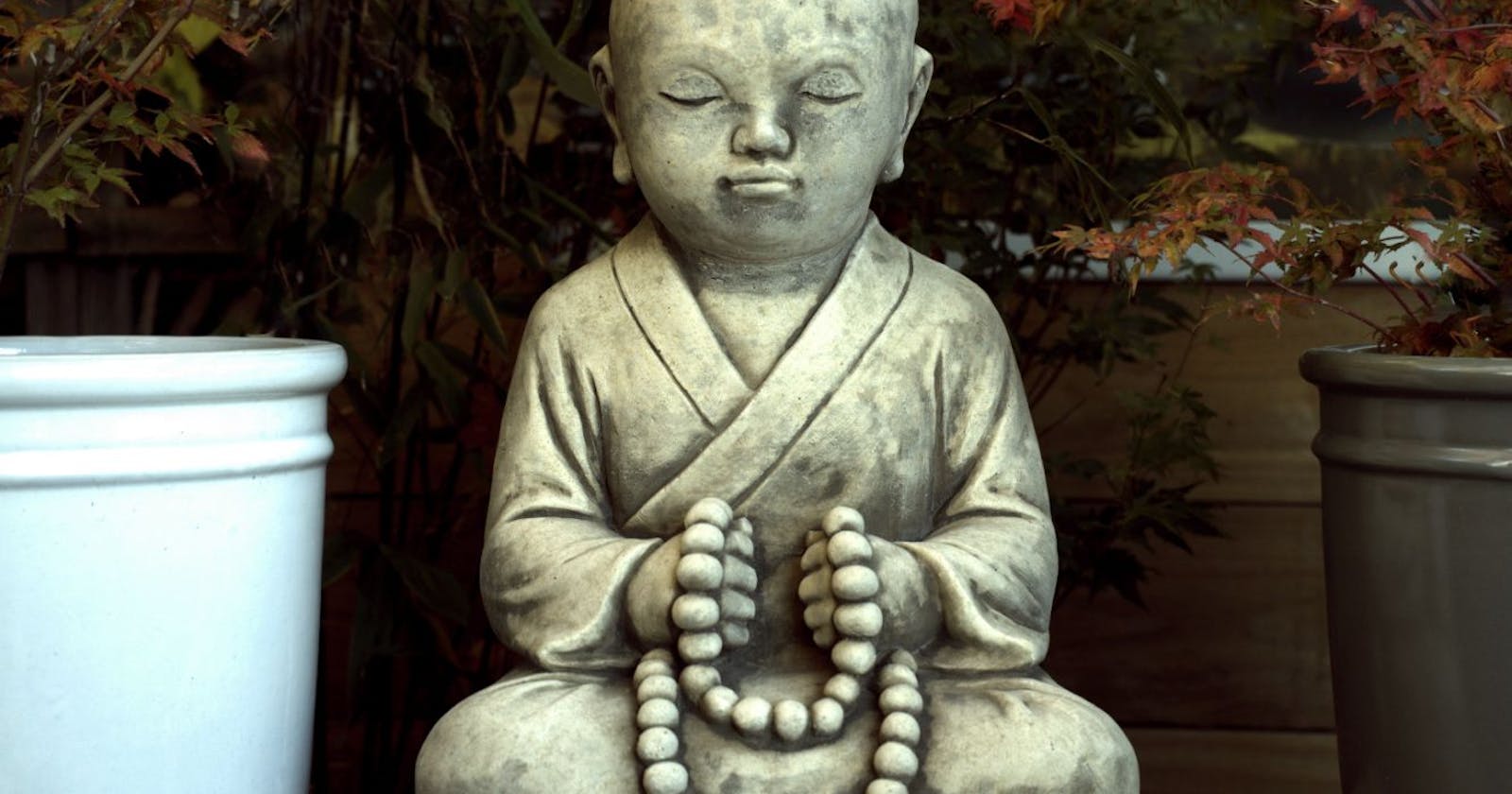An old friend shared an insightful comment about my last post, in which I downplayed my inner growth from my 20s and 30s because I thought I didn’t have much to show for it until recently. My friend's comment showed me I was casting my past in an ungenerous light.
From the height of a triumphant moment, it seems to be easy to look down on other landmarks in one’s life as “less than.” Hoarding wins and chafing at losses is probably hardwired in lots of people. But my friend was right: The years I spent growing and understanding were not at all a waste.
Lately I’ve been pondering how those with a growth mindset need to hold both winning and losing as secondary phenomena. Wisdom comes through practicing detachment, trusting more in your inner depths than the trappings of success - not to say that you shouldn’t enjoy success; it all just morphs quickly into suffering when you get attached to it.
By grasping the good stuff so tightly, it’s as if I was simultaneously shoving away the things I didn’t see as “good,” “successful,” or “worthwhile.” I was getting hooked again by the praise/blame game I’d been taught in childhood.
I’m not a Buddhist, but Buddhism gives us great insight into how, by narrowly hoping for and desiring one outcome, we reject other possibilities - including ones that might actually be better than meeting internalized standards from our childhood. Remaining so attached to narrow outcomes, Buddhists say, is what keeps the world of samsara, of suffering, spinning us round and round.
I’m still over the moon about recent developments in my life that are genuinely worth celebrating, and at the same time I find myself gravitating back toward the qualities of humility and compassion.
Reading helps anchor me in humility and compassion by revealing the shared struggles and contributions of imperfect human beings - people who are broken-hearted, poor, sick, injured, struck by disaster, you name it, people who don’t fit the toxic myth of the rugged and self-made individual - which is to say, ultimately, all of us perfectly imperfect mortals.
One of my favorite poems is an articulation of this kind of struggle. The author, John Milton, is most famous for his epic poem Paradise Lost, first published in 1664, which would become an enduring success, a real literary landmark. Twelve years before it was completed, though, Milton went blind. That's the chapter of his life I am most amazed by.
Milton was only in his 40s when he lost his sight. He went to write his magnum opus by dictating it to others who scribed his words.
Remarkable as all his accomplishments are, what feels most human about Milton to me is how he grappled with and adapted to his blindness. In a poem, he wonders how he can continue to serve God without the “light” of his sight. Through an imagined dialogue, the sonnet reveals that his loss galvanized him toward greater service, while also giving him renewed patience and sensitivity.
Here’s the poem in full:
When I consider how my light is spent,
Ere half my days, in this dark world and wide,
And that one Talent which is death to hide
Lodged with me useless, though my Soul more bent
To serve therewith my Maker, and present
My true account, lest he returning chide,
“Doth God exact day-labour, light denied?”
I fondly ask. But patience, to prevent
That murmur, soon replies, “God doth not need
Either man’s work or his own gifts; who best
Bear his mild yoke, they serve him best. His state
Is Kingly: thousands at his bidding speed,
And post o’er land and ocean without rest;
They also serve who only stand and wait.”
I find this so beautiful partly because it's infused with Milton's struggle, faith, and patience. (If you're interested, you can find an explanation of the poem's allusions here).
As I re-read it, which I do from time to time, my hope is that my own reflections keep tenderizing me. That I continue to catch and detach myself from the samsaric realm of winning and losing - even as I utterly cherish the "mild yoke" that binds me to my own God, and to my beloved human family, friends, and fiance.

